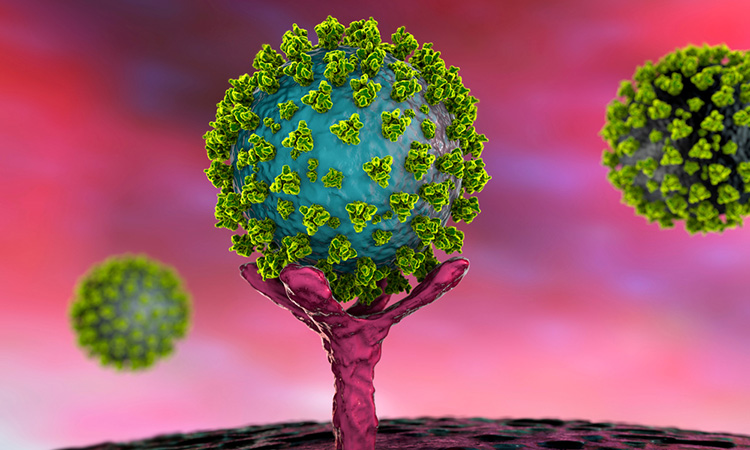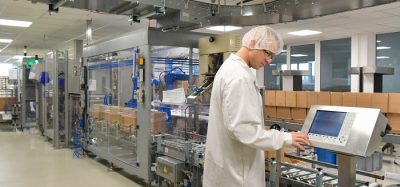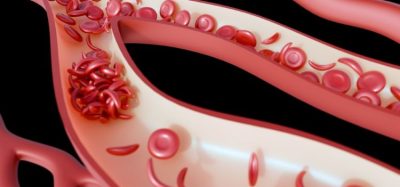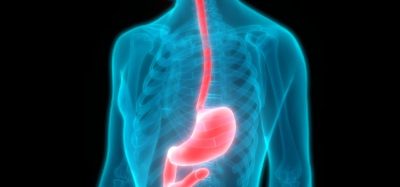IND granted to Ampion as COVID-19 treatment after Phase I study
Posted: 22 September 2020 | Victoria Rees (European Pharmaceutical Review) | No comments yet
The FDA has given the green light to an IND and further Phase I clinical trial of Ampio Pharmaceuticals’ Ampion as an inhaled COVID-19 therapy.


The US Food and Drug Administration (FDA) has approved an Investigational New Drug (IND) and clinical trial application from Ampio Pharmaceuticals to study AmpionTM as an inhalation therapy for respiratory distress due to COVID-19 infection.
Expanding on the recently successful Phase I trial that administered Ampion intravenously to COVID-19 patients, the company says the next Phase I trial of inhaled Ampion will be a multi-centre, randomised, controlled trial for a total of 40 patients that will assess the safety and efficacy of the inhaled drug added to the standard-of-care for COVID-19 infected patients hospitalised for respiratory distress.
According to the company, the FDA relied on safety and efficacy data from comprehensive pre-clinical laboratory studies provided by Ampio to grant the IND. Toxicology studies demonstrated that Ampion is safe for inhalation and extensive laboratory data indicates that the drug can also effectively reduce signalling proteins responsible for tissue damage and pulmonary complications. Furthermore, these studies revealed that the drug can effectively increase signalling molecules required for tissue repair and healing in the lungs. Ampio emphasises that Ampion’s mechanism of action may interrupt the pulmonary disease process and provide much needed relief and recovery for patients suffering from shortness of breath and respiratory illness related to COVID-19 infection.
Ampion will be delivered by inhalation, allowing the drug to directly target and attenuate inflammation in the lungs that can lead to respiratory failure. This approved clinical trial will study the effects of inhaled Ampion while emphasising early intervention treatment throughout the clinical progression of COVID-19 infection. The drug will be delivered by a hand-held nebuliser for inhalation by patients with less severe cases of respiratory illness and through mechanical ventilators to those patients who have progressed to severe respiratory distress syndrome (ARDS).
Related topics
Clinical Development, Clinical Trials, Drug Development, Preclinical Research, Research & Development (R&D)
Related organisations
Ampio Pharmaceuticals, US Food and Drug Administration (FDA)









